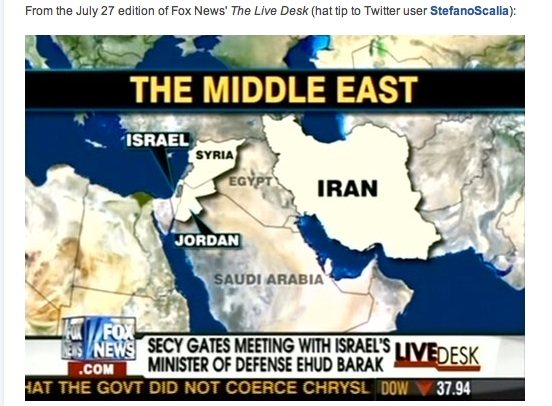 I’ll admit it, I was glued to the television for the premiere of Falling Skies, the latest series to tackle life in a post-apocalyptic world. I loved just about everything about it: the premise, the plot, the special effects. But one thing really bothered me, and that was the geographical inaccuracies. It made me think that a few wrong facts can really derail your message.
I’ll admit it, I was glued to the television for the premiere of Falling Skies, the latest series to tackle life in a post-apocalyptic world. I loved just about everything about it: the premise, the plot, the special effects. But one thing really bothered me, and that was the geographical inaccuracies. It made me think that a few wrong facts can really derail your message.
The story is set in Massachusetts six months after an alien invasion. The aliens have just bombed Boston, so the surviving humans must leave the city and fan out to the suburbs. While I congratulate the writers for using the actual names of Massachusetts towns, the dialogue contained many made-up facts.
The survivors are split up into several smaller groups, one of which is instructed to travel north on Route 3 until they reach Revere. Uh, Route 3 doesn’t go anywhere near Revere. Another group must go to Acton, meeting at the (nonexistent) Littleton Bridge before they reach their destination. Excuse me, Littleton is further west, so they’d actually travel through Acton to reach it. When they finally make camp in Acton, they dispatch some scouts to the (fictitious) Acton Armory and climb a hill with a commanding view of Boston (which, if you could actually see from Acton, would look much farther away than it does in the show).
It’s true that for the vast majority of viewers, these things didn’t matter at all. Everybody knows that Hollywood takes liberties and that it’s impossible to get all of the details exactly right. But the inconsistencies pulled me out of the story. And they would have been so easy to avoid if the screenwriters had just consulted a map.
What has all this got to do with presentations? Well, if your presentations include “facts” that you haven’t checked, or if you make claims or include information that is later proved to be inaccurate or false, you will lose credibility. People will ignore your message, preferring instead to wait for your next mistake. They might even let you get to the end of your presentation before telling you that you are wrong. Worse, they’ll say nothing to you but Tweet, blog, and email all their friends and colleagues about what a dope you are. Is that your message?
Make sure you have all your facts straight for every presentation. That one time you stretch the truth or include information you haven’t verified, there’s bound to be someone in the audience who’ll know you’re wrong.
